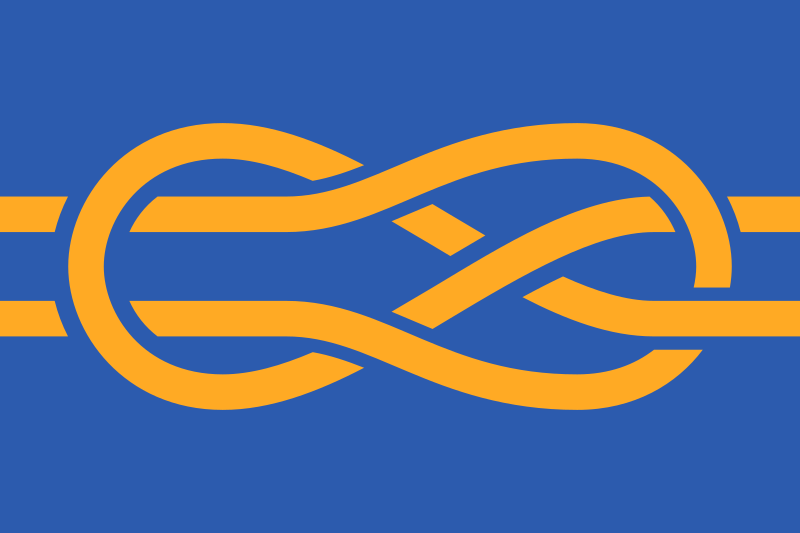

But you only know in hindsight which ones were true or not. So there is no value if 50% or more turn out to be bullshit.
Not all old people are wise with age. Most old people can be led down the garden path just like the rest of us.
I think what you experience is hindsight confirmation bias. Granny was right all along about this clandestine network of rich child molesters. That bit was true but there are another fifteen layers of outrageous Q Anon bullshit heaped on top of that, which now fade in our memory, as we have to face the fact that there was some truth to it after all. But without actual evidence and bare chested men in native American getup prancing about, I don’t think we could have known. Like you couldn’t know which story from ye elders turned out to be true.











Look at it as a semi-creative variation on the theme of “go to hell.”